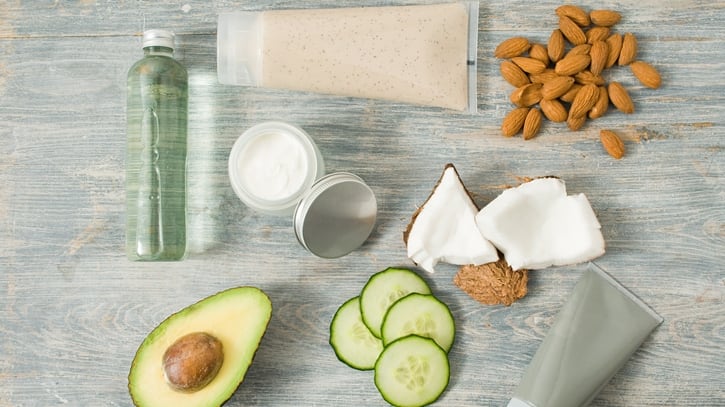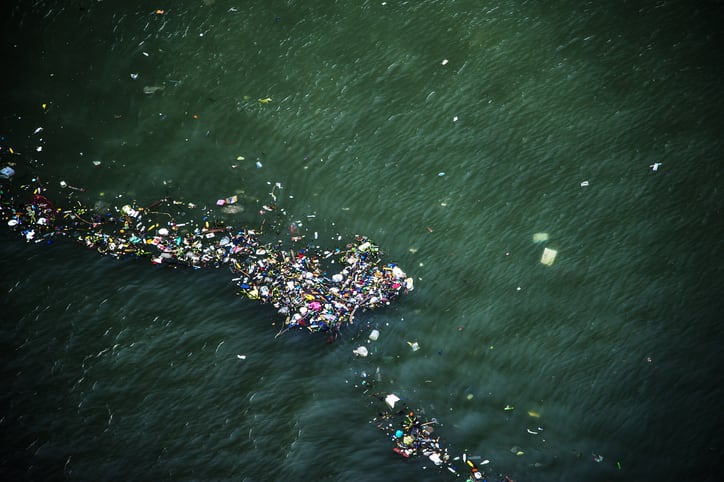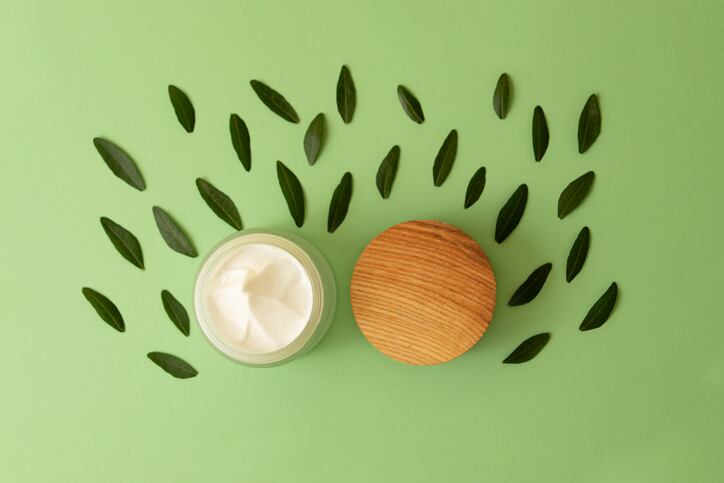Intro
The Upcycled Beauty Company recently released its Zero Waste Beauty Report for 2022-2023. This week we’ll dive into the report's three sections and how its findings are reflected in today’s cosmetics industry.
Upcycled ingredients are a hot topic on the back end of the beauty business and The Upcycled Beauty Company’s 2022-2023 Zero Waste Beauty Report found that consumers are also interested in products with lower environmental impacts.
“Our focus is in personal care looking at reducing the consumption of new resources, identifying waste as a valuable resource and then supporting this transition from a very linear ‘take-make-dispose’ economy system and into a circular one,” Anna Crovetto, community lead for Upcycled Beauty Company, told CosmeticsDesign.
The report found the following statistics on consumer interest in sustainable ingredients:
- 97% of consumers are interested in ingredient transparency from beauty brands
- More than 1/3 of consumers say they choose beauty brands based on environmental practices and values
- Almost ⅓ of consumers report having stopped purchasing brands over sustainability or ethics concerns
- 86% of consumers want more ingredient supply chain transparency
The report also outlined three main areas companies are focusing on to reduce waste in the beauty industry.
Upcycling food waste
Suppliers and researchers across the cosmetics industry have been investigating the best ways to make ingredients out of waste from food production. The report outlines several areas and companies making strides in that area.
According to The Upcycled Beauty Company a third of food produced, or 1.3 billion tons, goes to waste. That figure includes waste from the food manufacturing process and produce deemed not aesthetically pleasing enough for the supermarket.
The report said food sent to the landfill produces methane, a greenhouse gas that is 21 times more potent than carbon dioxide.
The report posits that characteristics of food waste like micro-nutrients and vitamins may mean upcycled ingredients can be as or more effective than traditional ingredients.
CosmeticsDesign has previously covered research or development of upcycled ingredients including:
- Beer brewing waste turned into an anti-skin irritation ingredient produced by Full Circle, also outlined in the report
- Research on an anti-hair loss created with coffee berry extract
- An antioxidant by Columbian company Sanam extracted from fruit discarded in coffee production
- Potential cosmetic benefits found in research on the peel of the mangosteen fruit
However, in previous coverage by ComseticsDesign, Chair of the New York Society of Cosmetics Chemists Giorgio Dell’Acqua said while ingredients from upcycled food production waste appear to have promise, logistics of transporting waste is a roadblock to scalability.
Waterless cosmetics
Outside of using waste from other industries, the report covered ways the cosmetics industry is trying to reduce wasted resources within its own products, including waterless formulation. The report cited a Mintel Analyst who said water is set to become a precious commodity.
As the US, China and Europe are experiencing historic droughts, the United Nations estimates that 2.3 billion people internationally are facing water insecurity
Additionally, water is a heavy material, meaning products are more expensive to ship and take up more fuel.
“Waterless skincare and haircare focus on activating solid or powdered formulas with water at home, helping to limit the overuse (and unnecessary shipping) of water within cosmetic formulations,” the report read.
The report also noted that waterless formulas are more compatible with plastic-free or “naked” packaging options, allowing brands to reduce their packaging waste.
In previous CosmeticsDesign reporting, Global Senior Analyst in Beauty and Personal Care at Mintel Anna Keller said 71% of consumers in 2021 were interested in products that help them save water. She also said consumer interest in reducing water consummation has grown from 30% in 2019.
Waterless formulation has appeared at several trade shows this year, including concepts by distributor IMCD, and some brands are already offering solid, powder or concentrate options in-store.
Eurofins also previously told CosmeticsDesign that, while waterless products may have some safety benefits, they still require packaging and production considerations to ensure they are not contaminated.
Custom cosmetics
According to the report, one source of waste in the cosmetics industry is unused products.
“Unused products sitting at home, unsold or returned products, and items that expire in warehouses are all contributing to beauty in landfill,” the report read.
The Upcycled Beauty Company said custom beauty could be a way to reduce this type of waste as products are customized to the consumer’s exact needs, reducing the chance they will be thrown away.
While most popular customized beauty brands create more traditional products based on a specific consumer’s needs, the report also outlined the skincare brand Haeckels, out of the UK, which integrates sustainability and reduced waste into the model as well.
According to Mintel in previous CosmeticsDesign coverage, Mintel's global senior analyst for Beauty and Personal Care Simon Pitman said consumers are interested in products targeted towards their personal needs, often because they feel overwhelmed by options on the market.
Pitman added that custom beauty is also filling in gaps of inclusive beauty, specifically to address skin care needs of skin tones not historically addressed by the industry.
“As a consequence, consumers are looking for products that fit their lifestyle and specific hair or skin care requirements,” Pitman said. “This is reflected by Mintel GNPD showing that 52% of UK body care users think there should be more products designed for specific skin tones.”



